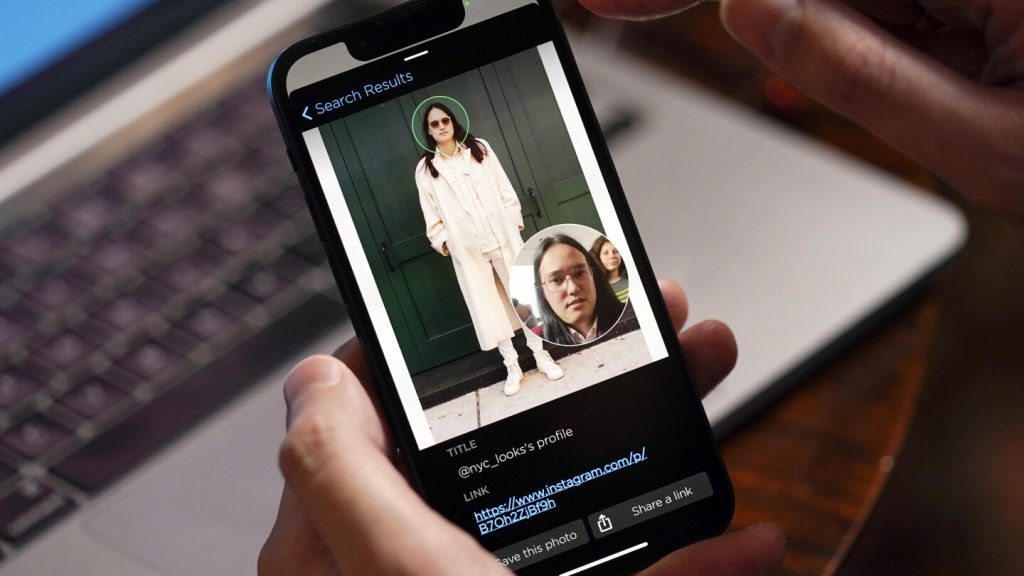The Dutch data protection watchdog has issued a fine of 30.5 million euros to facial recognition startup Clearview AI for creating what it deemed an “illegal database” of billions of photos of faces. The agency also warned Dutch companies against using Clearview’s services. Clearview has not objected to the decision and cannot appeal the fine, but the company’s chief legal officer claims that the decision is unlawful, lacks due process, and is unenforceable. The Dutch agency cited serious breaches of the EU’s General Data Protection Regulation in the building of the database and insufficiently informing individuals whose images were included.
The DPA chairman highlighted the intrusive nature of facial recognition technology, emphasizing the potential consequences of being unknowingly tracked through the use of such databases. The agency’s warning to Clearview included the possibility of additional penalties if the breaches of the regulation are not halted. Clearview’s chief legal officer argued that the company does not fall under EU data protection regulations as it does not have a physical presence or customers in the Netherlands or the EU, and does not engage in activities subject to the GDPR. Clearview recently settled a lawsuit in Illinois alleging privacy violations related to its collection of facial images from social media and the internet.
The settlement in Illinois consolidated lawsuits from various parts of the U.S., with Clearview facing allegations of violating individuals’ privacy rights by creating a massive database of faces sourced from online platforms. The company sold this database to businesses, individuals, and government entities. The case in Illinois resulted in a settlement that did not involve Clearview admitting any liability but was estimated to be worth over $50 million. The use of facial recognition technology and the collection of personal data without proper consent have raised concerns globally, with the EU’s GDPR aiming to protect individuals’ rights in the digital age. Clearview’s case serves as a reminder of the legal and ethical implications surrounding the use of advanced technologies for surveillance and data processing.


